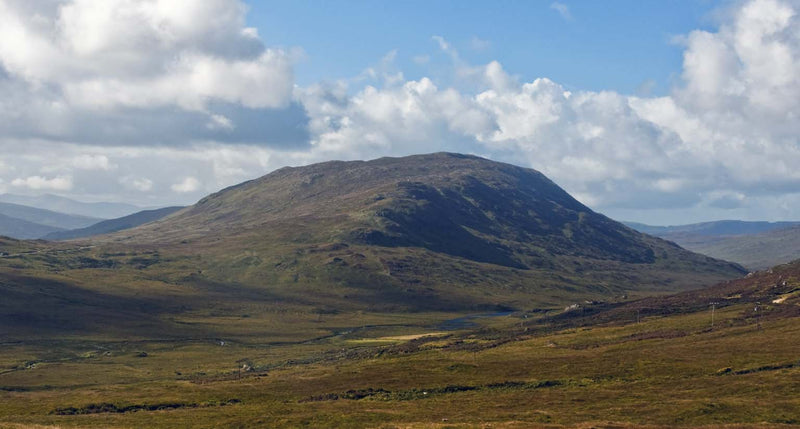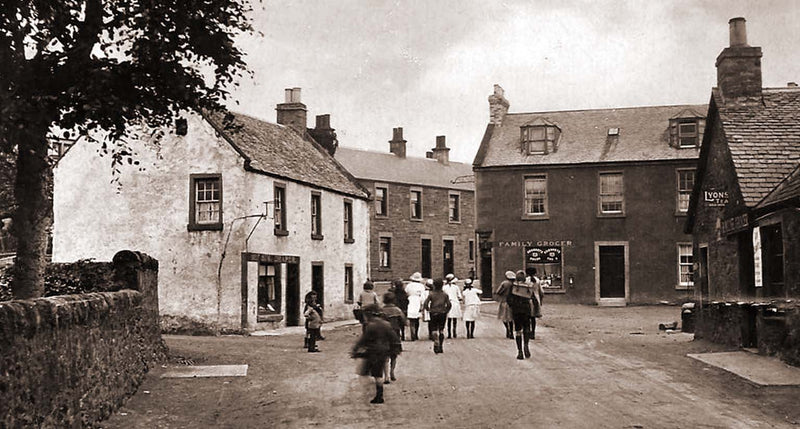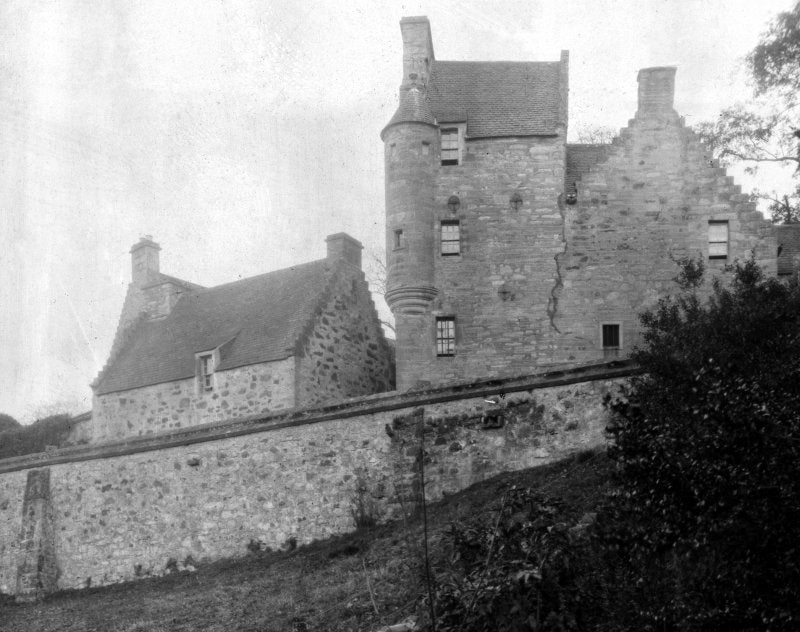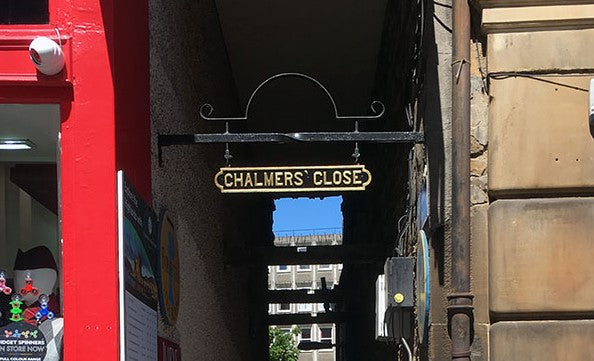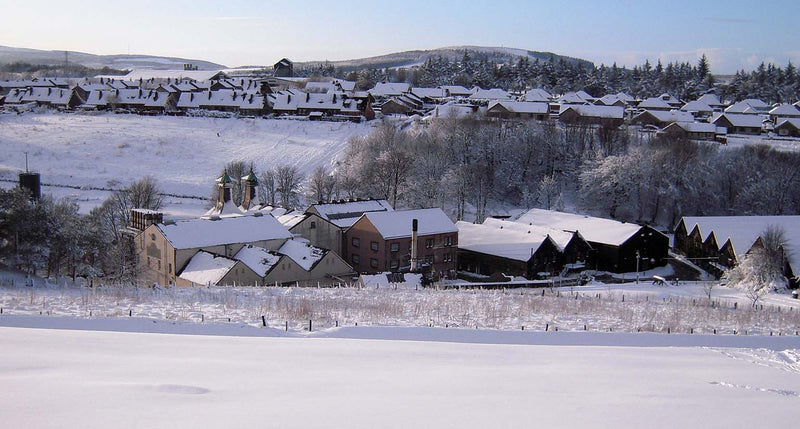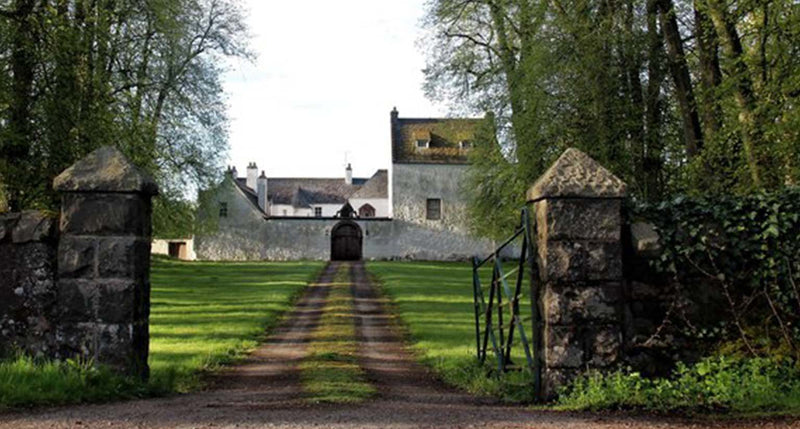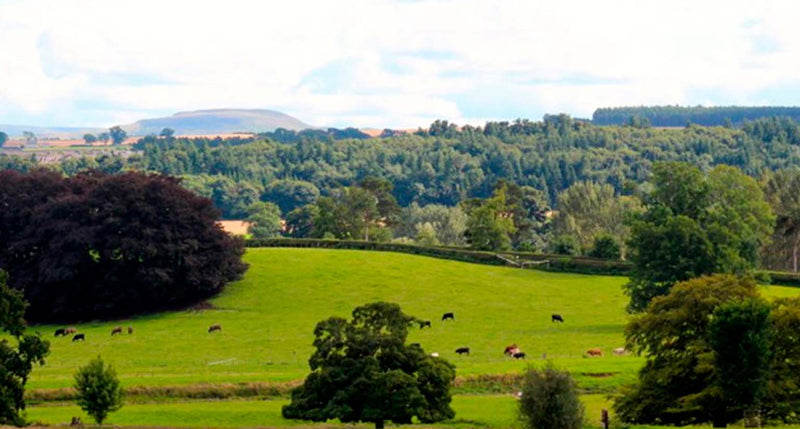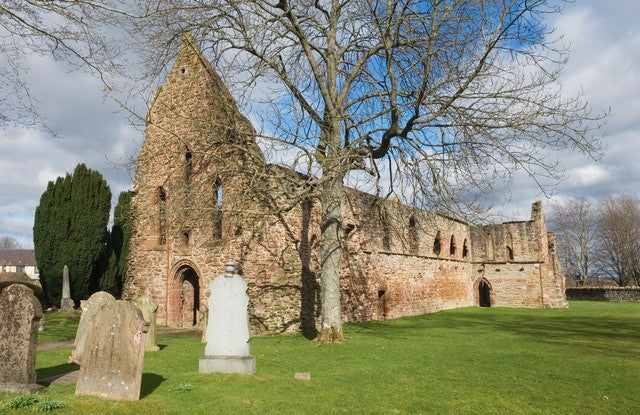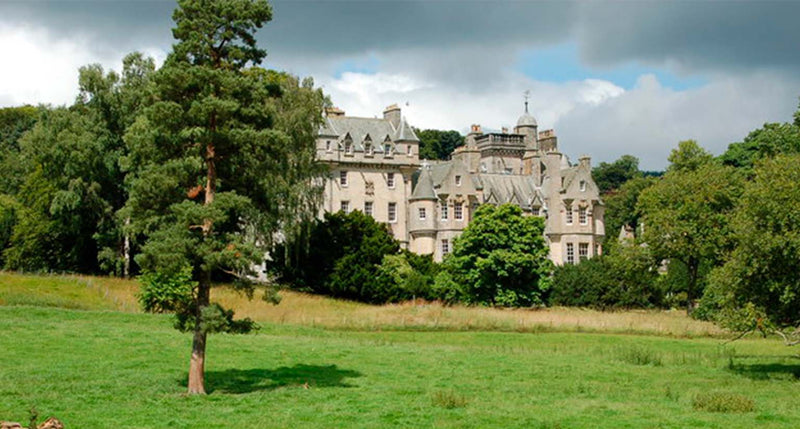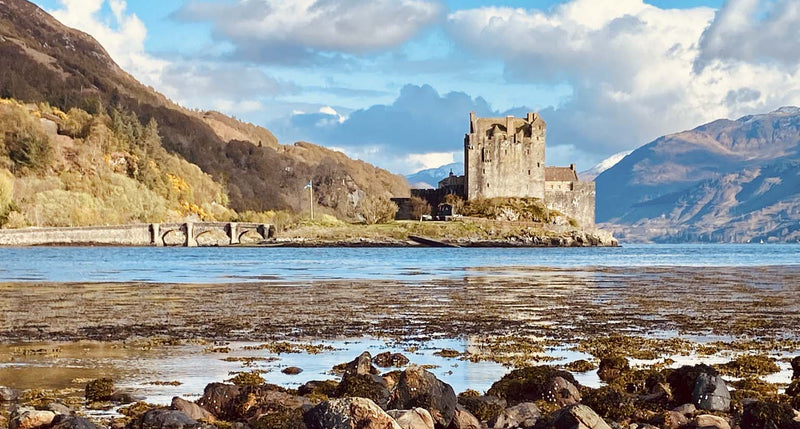The MacGillivrays were a principal clan even before King Somerled drove the Norsemen from the western Isles. The Clann Mhic Gillebrath were dispersed after Alexander II subdued Argyll in 1222. The clan’s progenitor, Gillivray placed himself under the protection of the MacKintosh chiefs and also joined the clan Chattan conference. As Episcopalians they were persecuted […]
Category Archives: Clan History
The name Rattray derives from the barony of Rattray in Perthshire. Legend has it that the land was acquired from Malcolm Canmore in the 11th Century. Part of the estate includes a ruined Pictish fort which lies on a serpent shaped feature; this may explain why two serpents support the coat of arms. The earliest […]
To the west of Stirling lies the parish of Drymen. This name Drymen is derived from the Gaelic for ridge or high ground – ‘dromainn’. To this area, according to legend, came a Hungarian admiral in 1067, escorting Edgar the Aetheling and his two sisters as they fled William the Conqueror. In 1225, a descendant […]
This name can also be found as Chambers and is derived from the French ‘chambre’, as is the name Chamberlain. Hugh de Camera appears as a witness to a charter of both David I and Malcolm IV. Richard de Camera witnessed two charters of William the Lion. Robert and William de la Chaumbre of Lanarkshire […]
In 1010, at the Battle of Barrie, the Danish General Camus was despatched to Valhalla by a Chatti warrior. Malcolm II pushed his hand into Camus and drew three bloody fingers down the warrior’s shield. “Camus Slayer” became his name. In 1018 Malcolm won Lothian in the Battle of Chathem and let the lands of […]
The Oliphants were a Norman family who first held lands in England, Lilford, Northamptonshire. In 1080, William is the first Olifard for whom there is contemporary evidence of the surname being used. David de Olifard is commonly held to be the progenitor of House of Oliphant. During the 1141 Battle of Winchester David de Olifard […]
The name Young was originally used to distinguish a son from his father when they shared a common forename. It was also used in the case of multiple sons by the father’s heir. Consequently this is a fairly common surname in Scotland, being frequently found in the Borders region and also the Northeast regions of […]
The first record of this name in Scotland is that of Henricus Byset who witnessed a charter of William the Lion, granted before 1198. His son was John Byset who witnessed a charter by Henry de Graham in 1204, and obtained from the king a grant of lands in the north. Thomas de Bessat witnessed […]
The name comes from the lands of Glen in Traquair, Peebles-shire, but the castle on these lands was not actually built for the Glen family, but rather for the Tennant family who now hold the title of Lord Glenconner. Colban del Glen received a royal legacy in 1328 and in the same year Robert I […]
From the Gaelic “Maccoinneach” meaning “fair, bright one”, the MacKenzies are thought to descend from the ancient royal house of Lorn. The clan held lands in Ross-shire, stretching from the Outer Hebrides in the west, to the Black Isle in the east. The western stronghold of the clan MacKenzie was at Eilean Donan Castle at […]

